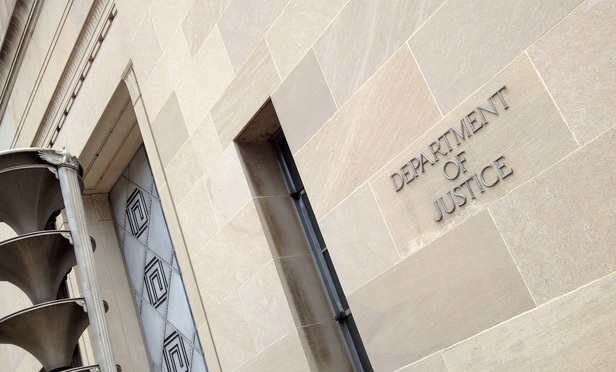The U.S. Department of Justice has a habit of promulgating constitutionally questionable policies in response to criticism of its reluctance to prosecute individuals for significant corporate fraud offenses. Thirteen years ago, after the dot-com bubble had burst and Enron and Worldcom had imploded, the Justice Department issued the Thompson Memo, which authorized federal prosecutors to indict companies that refused to waive their attorney-client privilege at the government’s request. Federal prosecutors also invoked the Thompson Memo to threaten cooperation credit for companies that failed to terminate employees who declined to be interviewed, that entered joint defense agreements with their staff or that advanced the legal fees of their officers and directors.
It was only after public outcry regarding coerced waiver of the corporate attorney-client privilege and courts dismissed charges against individuals who had been denied their legal right to fee advancement that DOJ changed its tactics. From 2006 until mid-2015, it was official Justice Department policy that, to preserve cooperation credit, companies merely had to furnish nonprivileged factual information regarding potentially culpable personnel. (DOJ’s McNulty Memo, issued in 2006, continued to authorize possible penalties for corporate fee advancement, entry of joint defense agreements, and failure to fire noncooperating employees through 2008, when the Filip Memo finally rescinded prosecutorial accounting of such matters.)






